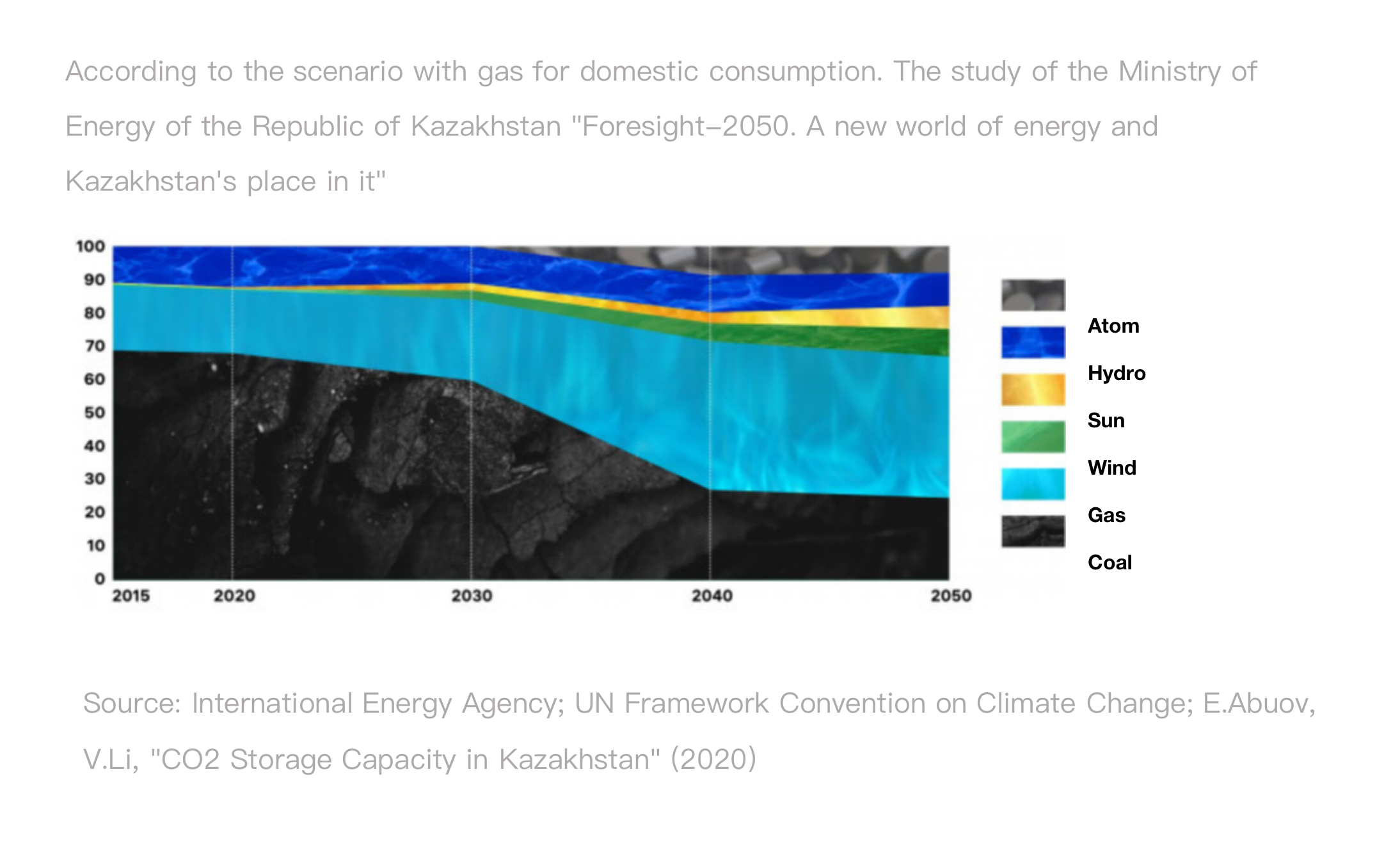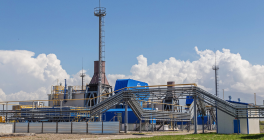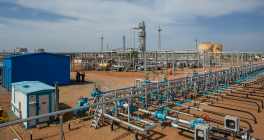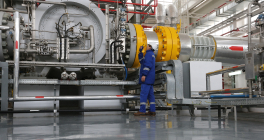Gas in energy transformation
Natural gas can play a key role in decarbonizing the economy in Kazakhstan. Today, reducing CO2 emissions is a strategically important process for the whole world. Having rich hydrocarbon reserves, fossil sources, Kazakhstan cannot stay away from global processes. At the UN Summit on Climate Ambitions, President Kassym-Jomart Tokayev made a statement about Kazakhstan's intention to achieve carbon neutrality by 2060 within the framework of the Paris Agreement and the UN Framework Convention on Climate Change. However, what energy sources will be able to ensure the transition to a green economy?
Transit fuel
In February 2022, the European Commission decided that nuclear power and natural gas will be temporarily considered green energy sources in the EU. This status will be maintained until the full transition of the European Union to environmentally friendly fuels.
At the same time, gas serves as a kind of bridge to renewable energy sources (RES). The energy of the sun, wind, and water are non–permanent sources of energy, they depend on weather conditions. To maintain the energy system, backup generation from fossil fuel power plants is needed. And at the moment, natural gas is the least harmful option for the outside world.
As part of his speech at the expanded meeting of the Government, the President also mentioned the importance of the gas industry for the economic and social well-being of Kazakhstan. He noted that over the past 10 years, the volume of gas consumption in the domestic market of the country has more than doubled – from 9 to 19 billion cubic meters.
Gas is a transit fuel in energy transfer and implementation of ESG management principles. Replacing coal with gas can play a key role in decarbonizing the economy, allowing to reduce CO2 emissions in the country by 10-20 percent by 2050 (according to a study by the Ministry of Energy of Kazakhstan).
Opportunities for the hydrogen economy
Due/Thanks to inexpensive natural gas, Kazakhstan has the potential to produce hydrogen. It is worth noting that retail gas prices in Kazakhstan are 47 times lower than in Europe. According to estimates of QazaqGaz specialists, in Kazakhstan today the average price is about $ 40, in Europe - over $ 1,900 per 1,000 cubic meters. Currently, Kazakhstan does not use such a competitive advantage in any way.
At the same time, the launch of the hydrogen economy will contribute to decarbonization, and may also open up opportunities for fuel exports to other countries. Thus, Kazakhstan can create a new industrial cluster for the production of hydrogen in the region and its further use, as well as export.
Ensuring energy transit
Renewable energy sources will play a big role in replacing coal by rapidly increasing capacity, which will require additional volumes of flexible gas. According to the forecasts of the Ministry of Energy of the Republic of Kazakhstan, in the long term, gas consumption will remain significant, balancing RES and other energy sources.
The share of resources in the total electricity generation in Kazakhstan generation in Kazakhstan However, the President also noted that the gas shortage is predicted next year. And to solve this problem, systemic measures are needed, including to increase the resource base and gas processing.
However, the President also noted that the gas shortage is predicted next year. And to solve this problem, systemic measures are needed, including to increase the resource base and gas processing.
According to the analysis of JSC "NC QazaqGaz", the national operator will not be able to provide the required volumes of gas for the energy transit, unless urgent measures are taken. For example, in order to implement the breakthrough factor of investments in the gas industry, it is necessary to develop a strategy for energy security and energy transition of the Republic of Kazakhstan.







